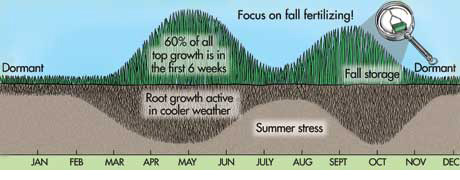I really would like to know how to keep my lawn green this year. I'm sick and tired of seeing the grass greener and thicker on the other side. For once I would like to be the otherside. Surely it can't just be watering everyday. Also is there a particular time I should be watering, morning vs evenings?
Feed it.....I think the watering thing is once a week but enough to feed deeper roots....don't cut it too short to let the roots develop more.


